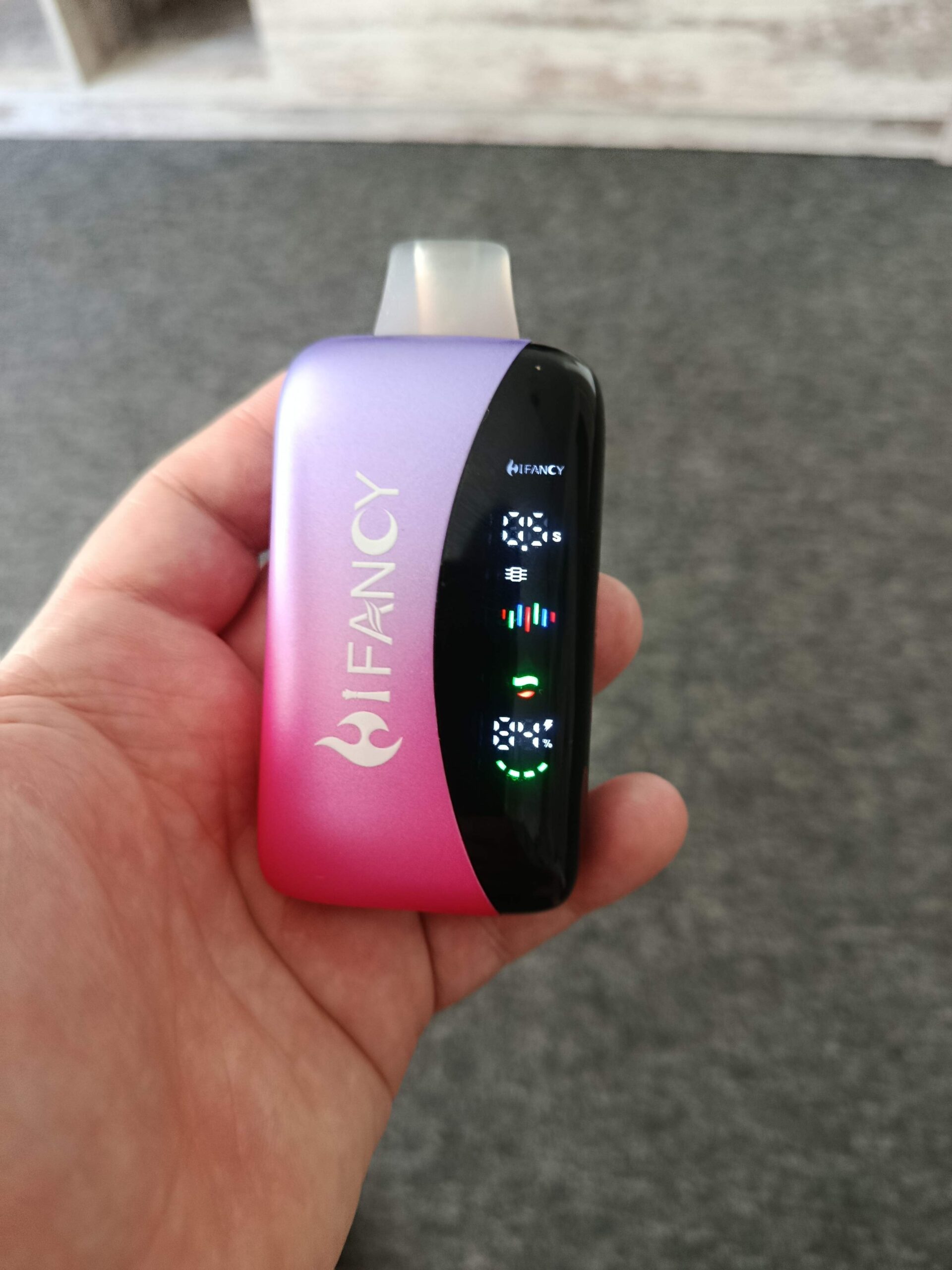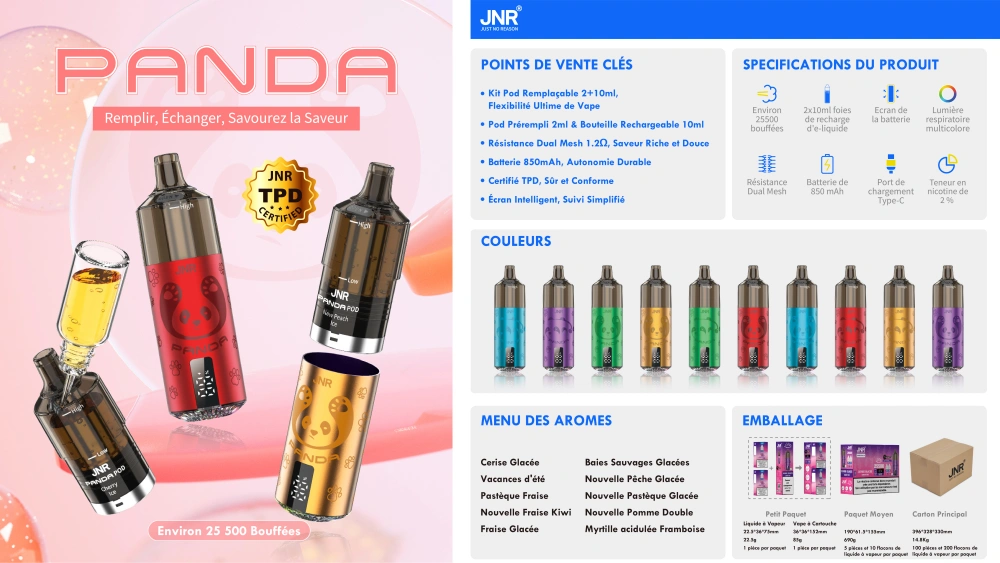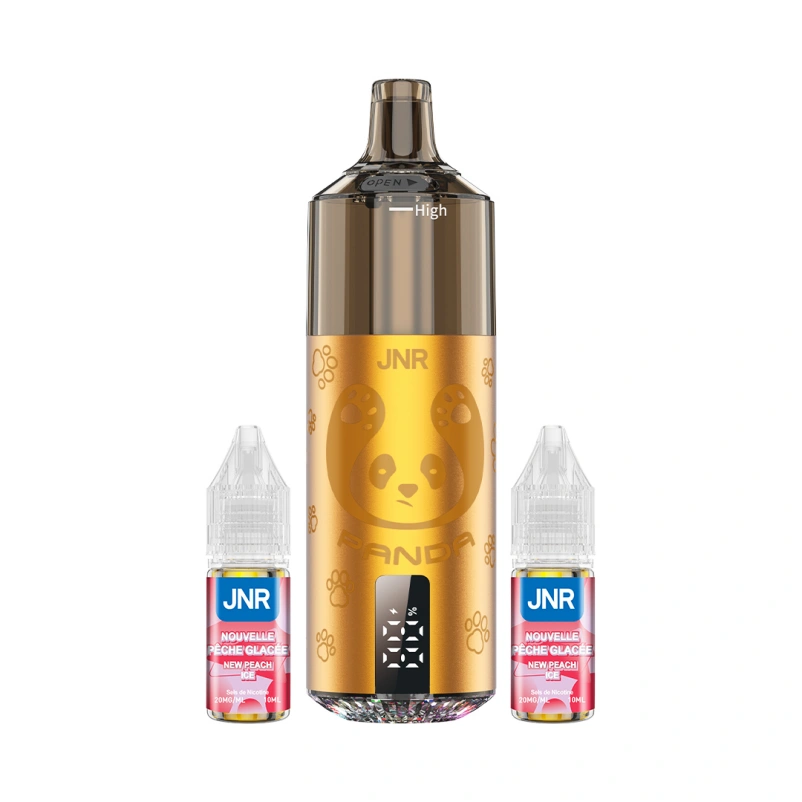E-sigaretitööstuse tippkohtumise teema

Electronic Cigarette Industry Summit Themes: Exploring Innovation, Regulation, and Market Evolution
Electronic cigarette industry summits serve as critical platforms for stakeholders to address emerging challenges, share insights, and shape the future of vaping. These events attract policymakers, researchers, manufacturers, and advocates, fostering dialogue on topics ranging from technological advancements to public health strategies. Below are key themes that frequently dominate discussions at global and regional summits, reflecting the sector’s dynamic priorities.
Advancing Harm Reduction Through Science and Technology
A central focus of industry summits is leveraging scientific research to promote vaping as a harm reduction tool for adult smokers. Sessions often delve into clinical studies comparing the risks of electronic cigarettes to traditional tobacco products, highlighting data on toxin exposure, biomarker analysis, and long-term health outcomes. Researchers may present findings on nicotine delivery efficiency, emphasizing how modern devices can replicate smoking satisfaction while reducing harmful byproducts.
Technological innovation is another pillar, with panels exploring advancements in battery safety, coil design, and e-liquid formulation. For instance, discussions might address the development of temperature-controlled devices to prevent dry hits or the use of synthetic nicotine to navigate regulatory loopholes. Startups and established players alike showcase prototypes that prioritize user experience, such as sleeker designs or extended battery life, aligning with consumer demand for reliability and discretion.
Collaboration between academia and industry is also emphasized, with summits providing forums for universities to partner with manufacturers on joint research projects. These partnerships aim to accelerate the translation of lab discoveries into market-ready solutions, such as biodegradable pods or AI-driven apps that track vaping habits and provide cessation support. By bridging gaps between sectors, summits encourage a culture of innovation rooted in evidence-based practices.
Navigating Global Regulatory Frameworks and Compliance Challenges
Regulatory uncertainty remains a top concern for the electronic cigarette sector, making compliance a recurring theme at industry summits. Policymakers from different regions share updates on legislation affecting product labeling, advertising restrictions, and taxation, helping businesses anticipate changes and adapt strategies. For example, a summit might feature a roundtable with representatives from the FDA, EU TPD authorities, and emerging markets like Southeast Asia to discuss harmonizing standards across borders.
Ethical marketing practices are scrutinized, with sessions addressing how brands can reach adult smokers without appealing to youth or non-users. Experts analyze case studies of successful campaigns that emphasize harm reduction messaging while avoiding colorful packaging or cartoon imagery. Additionally, summits explore the role of age-verification technologies, such as blockchain-based ID checks or geofencing, in preventing underage access to vaping products.
Trade policy is another critical area, particularly for companies operating internationally. Discussions might focus on navigating tariffs, import/export regulations, and intellectual property rights in key markets. By providing a platform for legal experts and trade associations, summits equip businesses with tools to mitigate risks associated with cross-border operations, ensuring sustainability in a fragmented regulatory landscape.
Sustainability and Corporate Responsibility in the Vaping Sector
As environmental awareness grows, summits increasingly prioritize sustainability as a core industry theme. Panels examine the lifecycle impact of electronic cigarettes, from manufacturing emissions to electronic waste generated by disposable devices. Manufacturers may share initiatives to reduce plastic use, such as switching to recyclable materials for pods or packaging, or implementing take-back programs to responsibly dispose of old hardware.
Corporate social responsibility (CSR) strategies are also highlighted, with companies discussing partnerships with NGOs to support smoking cessation in underserved communities or fund research on vaping’s public health effects. For instance, a summit might showcase a brand’s collaboration with a healthcare provider to distribute free starter kits to smokers attempting to quit, paired with counseling services. These efforts aim to position vaping as part of a broader tobacco harm reduction ecosystem.
Ethical labor practices within the supply chain are another focus, particularly for brands sourcing materials from global suppliers. Summits provide opportunities for auditors and advocacy groups to share best practices for ensuring fair wages, safe working conditions, and transparency in production processes. By addressing these issues, the industry seeks to build trust with consumers and regulators alike, distinguishing itself from traditional tobacco’s legacy of exploitation.
The Role of Data and Consumer Insights in Shaping Industry Trends
Data-driven decision-making is transforming the electronic cigarette sector, with summits dedicating sessions to analytics tools and market research methodologies. Brands discuss how they leverage sales data, social media sentiment, and customer surveys to identify emerging flavor preferences or device features. For example, a panel might explore how regional differences in vaping habits—such as higher pod usage in the U.S. versus tank systems in Europe—influence product development pipelines.
Consumer behavior studies also shed light on shifting demographics, such as the rise of older adults adopting vaping for smoking cessation or the stabilization of youth vaping rates in some markets. Researchers present longitudinal data to debunk myths and inform targeted interventions, such as educational campaigns for parents or healthcare providers. By grounding strategies in empirical evidence, summits help businesses avoid reactive policies and focus on long-term growth.
Privacy concerns related to data collection are addressed, with experts outlining best practices for securing user information and complying with regulations like GDPR. Brands may share case studies on balancing personalized marketing with ethical data use, such as anonymizing purchase histories or offering opt-out options for tracking. These discussions ensure the industry evolves responsibly as it becomes increasingly digitized.
Kokkuvõte
Electronic cigarette industry summits tackle multifaceted challenges, from scientific validation and regulatory compliance to sustainability and data ethics. By uniting diverse stakeholders, these events drive progress toward a more transparent, responsible, and innovative sector. As the global vaping landscape continues to evolve, summits will remain essential for aligning priorities, fostering collaboration, and addressing the complexities of harm reduction in the 21st century.











